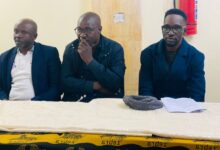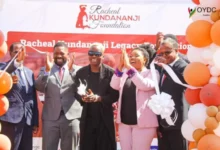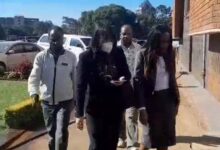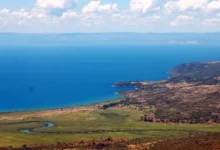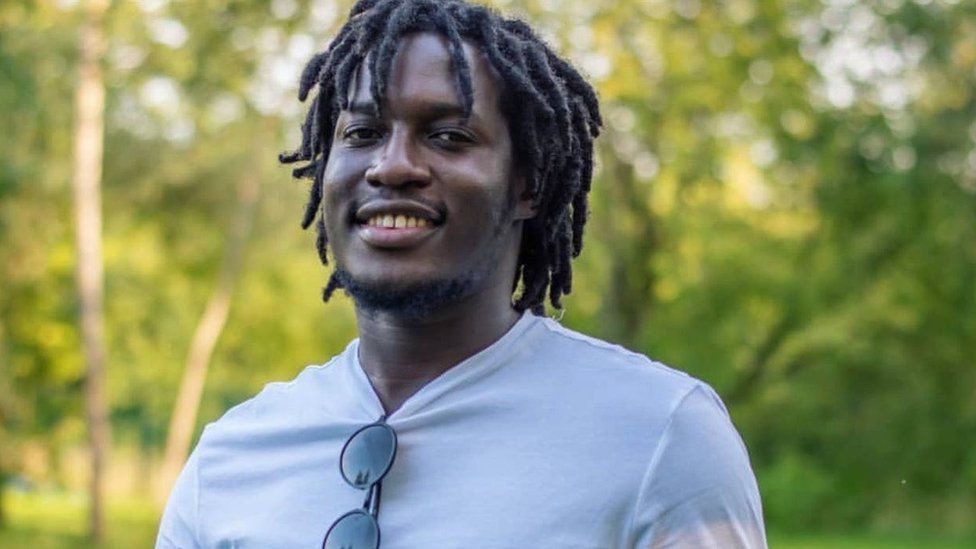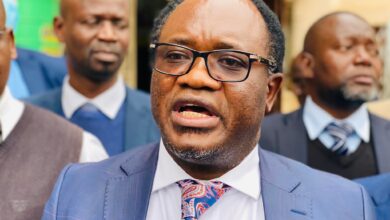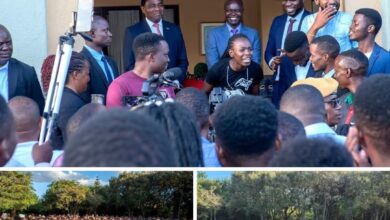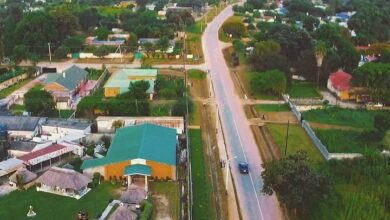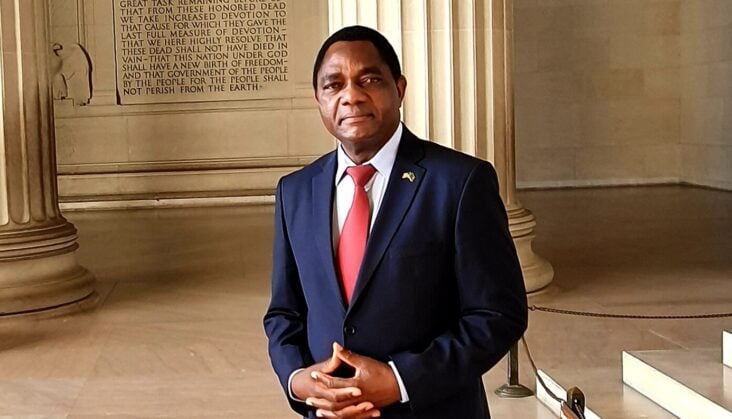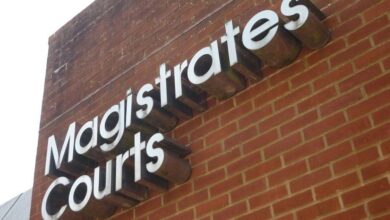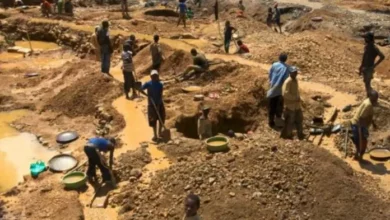
A police officer at Chinhoyi camp residences in Orange Grove suburb is counting losses after a fire razed to ashes household property worth thousands of dollar, Saturday morning.
Sources who spoke to a local news paper said conflicting versions the blaze could have been caused by either an electric iron left unattended or a laptop, whose faulty battery blew up.
Tragedy reportedly struck around 10am Saturday when both owners of the house, a married couple, were at church while a juvenile was home alone.
Fellow police officers rushed to the scene and salvaged a few belongings such as lounge sets, but most household property in bedrooms, including beds, chairs and wardrobes, were reduced to debris.
“I suspect the cause as an iron left on, which burnt a blanket or cloth before the fire spread to the rest of the room, and eventually engulfed the whole house,” said a neighbouring officer, who requested anonymity as they are not authorised to speak to the media.
NewZimbabwe.com witnessed a Chinhoyi Municipality fire brigade crew battling to extinguish the fire.
The fire tender made at least three trips to the nearest hydrant to replenish water as the raging fire spread to other parts of the
semi-detached house.
Efforts to get comment from Mashonaland West police spokesperson, Inspector Margaret Chitove were fruitless at the time of publication.
In other news – Government to retrieve the body of Zambian student who died in a Russian war
The Voice of America reports that Zambian authorities said they will travel next week to Russia to retrieve the body of a 23-year-old Zambian who died while fighting for the Russian military in Ukraine.
His family and the Zambian government are still waiting for answers from Moscow on how he was recruited into the army while serving a nine-year prison sentence in Russia.
Zambian ministry of information and media spokesperson Thabo Kawana confirmed that the ministry of foreign affairs is spearheading efforts to bring the body of Lemekhani Nathan Nyirenda back to Zambia for burial. Learn More

